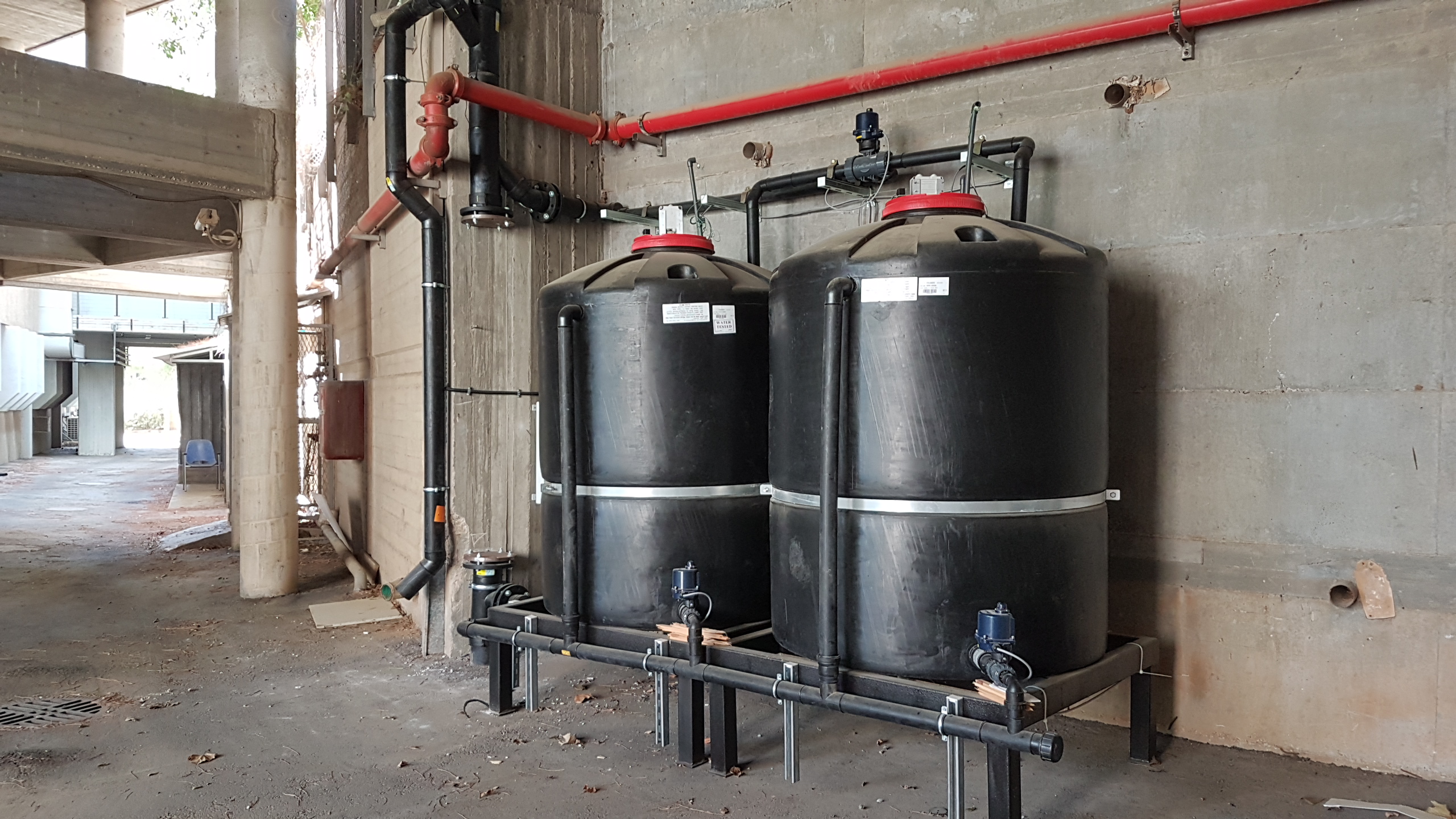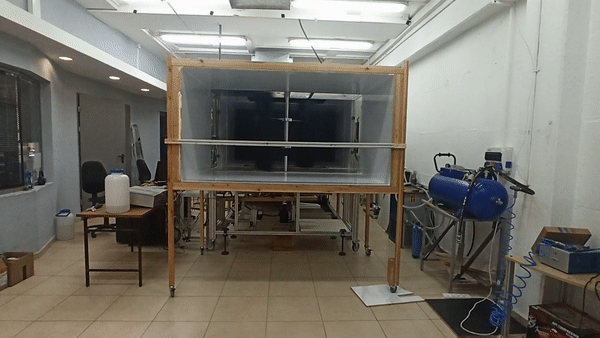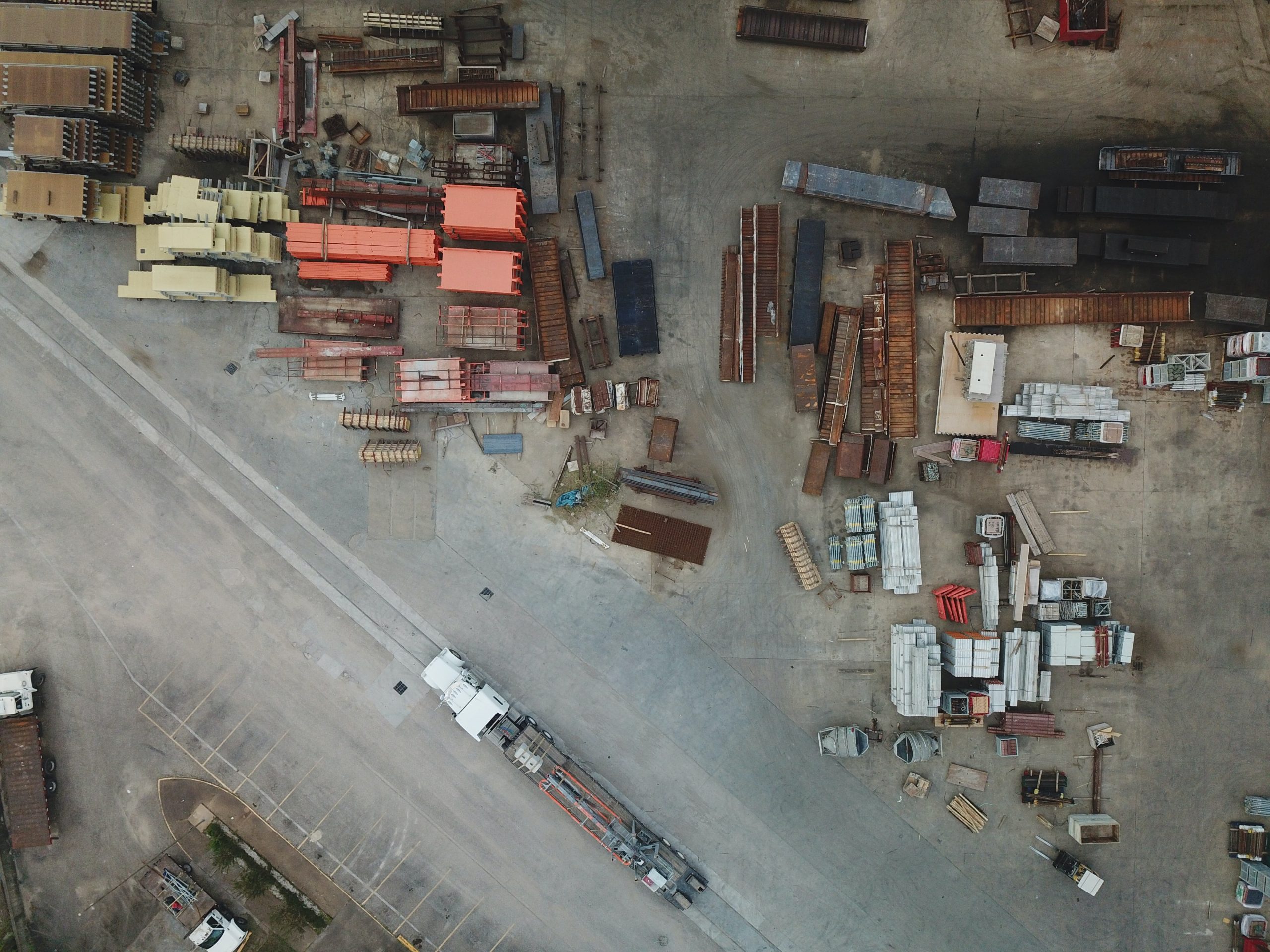Israel has a severe plastic problem, but real change is possible
March 6, 2019The state of plastic waste in Israel is bleak: pollution is increasing, research is stagnating, policies on dealing with the crisis are unclear, and the last plastic recycling plant is closing its doors
Each year, Israel produces about 5.3 million tons of municipal and commercial waste, at a waste volume growth rate of 2 percent. By 2050, the country had planned to recycle 50 percent of its total waste; however, as of today, the volume of recycling has only reached 25 percent. Although close to half of all the generated waste is biodegradable most of it is dumped in landfills. Just like the rest of the world, Israel’s biggest challenge consists in the handling and recycling of the increasing amounts of plastic waste.
According to the Ministry of Environmental Protection, Israel has over 20,000 facilities for collecting plastic waste. The collection and recycling of the waste are carried out by private companies that work in coordination with the local authorities. How come the recycling figures are contradicting those facts?
The “Packaging Law” did not meet its target
In 2011, the “Packaging Law” was enacted, requiring the manufacturer or importer of packaged products to recycle the waste according to the recycling targets set by law.
Those recycling targets, set for all types of plastic packaging, came into effect with a volume of 15 percent in 2011, rose to 22.5 percent in 2012 and kept on climbing in the following years. In the first years, the Ministry of Environmental Protection expected the recycling market in Israel to expand as a result of the implementation of the law, and lead to the establishment of sorting and recycling infrastructures for plastic waste and the creation of new jobs.
“The law should have created an incentive for manufacturers to reduce the amount of plastic entering the market. However, in practice this did not happen for a variety of reasons, such as inexpensive substitutes for packaging production and inadequate enforcement by the Ministry of Environmental Protection,” says Prof. Ofira Ayalon, Head of Dep. of Natural Resources and Environmental Management at the University of Haifa.
The only factory in Israel to recycle PET (polyethylene-terephthalate from which plastic bottles are made) plastic waste, the Aviv plant, recently folded, and now, the country’s entire plastic waste will be transported overseas. The closure of the plant was due to a decline in the prices of raw materials for plastic production, which prompted manufacturers to purchase new materials rather than the recycled plastic from the plant.
Moreover, according to Ayalon, the Packaging Law is not adequately enforced. In reality, the law permits the export of only 20 percent of plastic waste abroad, but in the absence of enforcement and economic incentives, the recycling corporations decided to transport all waste elsewhere.
There is no official data on the quantities of plastic waste exported from Israel, but it is believed that the situation is not significantly different from what is happening in the EU. In 2016, Europe collected about 8.4 million tons of plastic waste of which 1.6 million tons were sent to China, the largest plastic waste importer in the world. As of January 1, 2018, China banned the import of 24 kinds of materials, including PET, effectively overriding the possibility of importing waste into the country.
“It is important to note that the recycling capacity of the Aviv plant is 9,000 tons a year, which is relatively small compared to the actual quantities of plastic we consume,” says Ayalon. “The Aviv plant has worked mainly with PET plastic, but what happened, for instance, with milk containers, white cups, and packaging made of other plastics?” The closure of the factory is indeed very unfortunate, but it is essential to understand that it did not really provide a solution for all plastic thrown in the trash in Israel.
The Ministry of Environmental Protection said, “The ministry requested through the Maintenance of Cleanliness Fund to support the ongoing operation of factories of the same type as Aviv Industries, but received some pushback from representatives of the Ministry of Finance and the local government.”
Funding for research is imperative
“It is essential to examine in depth solutions like plastic recycling and the conversion of plastic into fuel, but we must not shoot from the hip and apply potential solutions off-the-cuff. Rather, every solution must be examined from a technological, an economic, and an environmental standpoint,” Ayalon says. “This will also require the Ministry of Environmental Protection to fund research on this subject, which has not happened for years,” she adds.
Currently, there are no active studies on plastic waste management funded by the Ministry. The latest study was completed in 2013 and aimed to examine the best treatment solutions for plastic waste (municipal, agricultural and industrial) in terms of environmental and economic cost-benefit, based on a life cycle analysis. “In order to determine the ideal process, various treatment solutions and technologies were reviewed,” the ministry said. “The Ministry of Environmental Protection believes that with the planning of a waste action plan, additional and innovative studies should be included in the field, and the work will be published in 2019 and will include a detailed work plan for implementing the policy”.
The change is possible
However, despite the gloomy picture, promising efforts are being made to turn things in Israel around. Government institutions, as well as private businesses, opted to promote plastic energy recovery solutions. For instance, the Nesher plant and the cities of the Dan region have invested in a new technological solution that seeks to rid 20-25 percent of the waste produced in the area by turning household trash into low-emission fuel. Another Israeli venture called Plastic2Nrg developed a technology that converts plastic waste into electricity.
The process is based on a unique oxidation methodology developed at the Hebrew University of Jerusalem and enables a large energy output of up to 6KWh of 1kg of plastic, producing clean energy at low temperatures, efficiently and without pollution.
Tel Aviv-based UBQ Materials has made headlines for its innovative solution to convert household waste into sustainable bio-based materials. In this process unsorted organic and plastic waste is dried, shredded and subsequently reduced to a homogenous, almost molecular substance by an advanced conversion reactor system. According to the developers, the process is energy efficient and environmentally sound as no emissions are produced, no water utilized and no waste left behind. Afterward, the material is compounded into marketable pellets which can serve as feedstock for new products.
However, despite the apparent advancements, recycling is not and will not be an ultimate solution. It makes it indeed possible to re-use some of the raw materials and reduce pressure on landfills and soil contamination, but in the long run, it will be public awareness, regulations and political leadership that will make a lasting change. One good example of such is the implementation of a fee on disposable plastic bags in Israel, which came into effect on January 1, 2017. By the summer of 2018, it had already brought about an 80% drop in the consumption of plastic bags, according to the Ministry of Environmental Protection.
It just goes to show that the global plastic crisis can only be solved by treating the root cause – that is, consume far fewer products containing plastic and try to avoid disposable plastic products that turn into trash within minutes, but will remain in the environment almost forever.
This ZAVIT article was also published in NoCamels on 03/06/2019.







